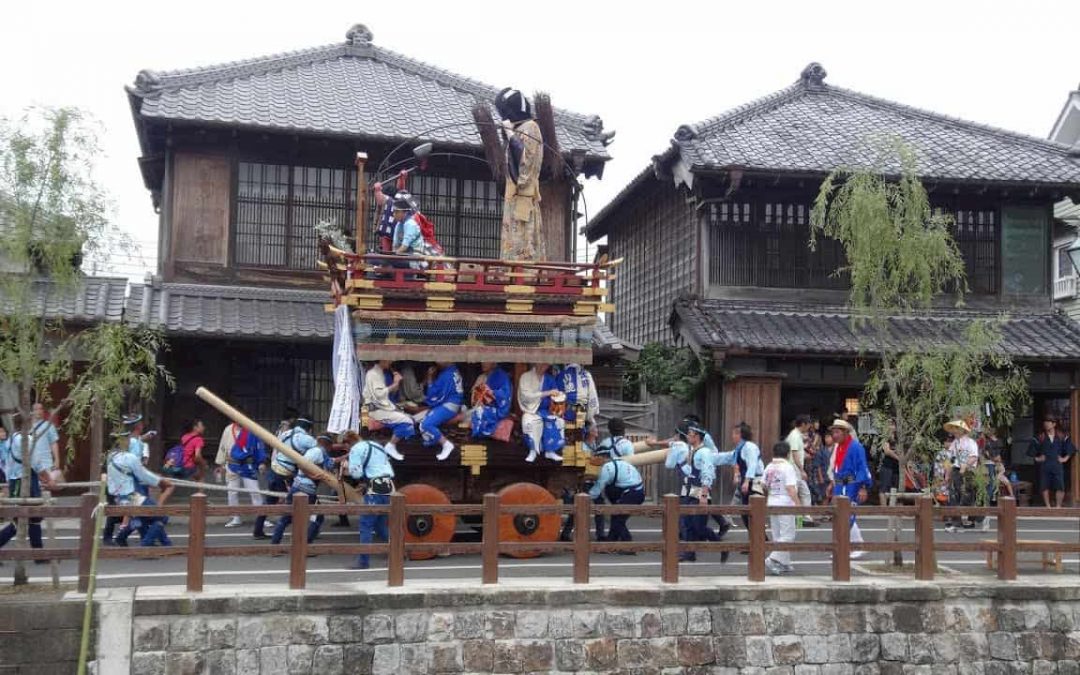
Shinto Revival
Shinto Revival
Shinto Revival
The slow weakening of the Tokugawa Shogunate was due to causes not unlike those which had brought about the decline of previous regencies.
The race degenerated during that long period of peace which its rule had inaugurated.
The strong builders were succeeded by feebler and feebler men.

Nevertheless the machinery of administration, astutely devised by Iyeyasu, and further perfected by Iyemitsu, worked so well that the enemies of the Shogunate could find no opportunity for a successful attack until foreign aggression unexpectedly came to their aid.
The most dangerous enemies of the government were the great clans of Satsuma and Choshu.
For more than two hundred years the Satsuma and Choshu clans, and several others ready to league with them, submitted to the discipline of the Tokugawa rule.

But they chafed under it, and watched for a chance to break the yoke.
All the while this chance was being slowly created for them, not by any political changes, but by the patient toil of Japanese men of letters.
Three of the greatest scholars Japan ever produced prepared the way, by their intellectual labours, for the abolition of the Shogunate.
They were Shinto scholars representing the natural reaction of native conservatism against the long tyranny of alien ideas and alien beliefs.
Against the literature and philosophy and bureaucracy of China.
Against the preponderant influence upon education of the foreign religion of Buddhism.
To all this they opposed the old native literature of Japan, the ancient poetry, the ancient cult, the early traditions and rites of Shinto.
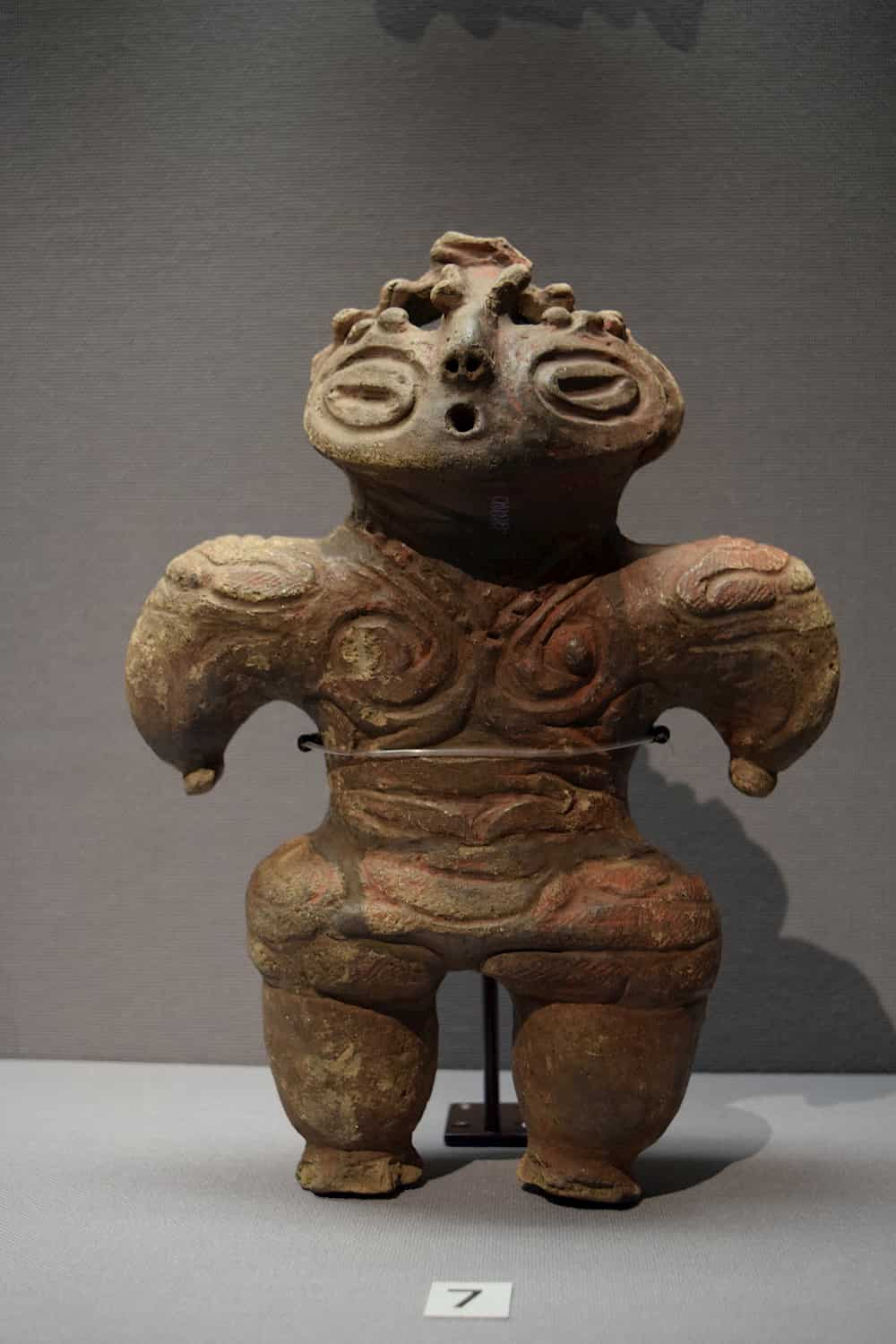
The names of these three remarkable men were Mabuchi (1697-1769), Motowori (1730-1801), and Hirata (1776-1843).
Their efforts actually resulted in the disestablishment of Buddhism, and in the great Shinto revival of 1871.
This intellectual revolution made by these scholars could have been prepared only during a long era of peace, and by men enjoying the protection and patronage of members of the ruling class.
By a strange chance, it was the house of Tokugawa itself which first gave to literature such encouragement and aid as made possible the labours of the Shinto scholars.
Iyeyasu had been a lover of learning and devoted the later years of his life to the collection of ancient books and manuscripts.
Under the patronage of Iyeyasu descendants, the collectors of these libraries, there gradually developed a new school of men-of-letters.
Men who turned away from Chinese literature to the study of the Japanese classics.

They reedited the ancient poetry and chronicles, they republished the sacred records, with ample commentaries.
They produced whole libraries of works upon religious, historical, and philological subjects.
They wrote treatises on the art of poetry, on the nature of the gods, on government, on the manners and customs of ancient days.
The study of the ancient records, the study of Japanese literature, the study of the early political and religious conditions, naturally led men to consider the history of those foreign literary influences on Japan, which had practically stifled native learning.
And to also consider the history of the foreign creed which had overwhelmed the religion of the ancestral gods.
Chinese ethics, Chinese ceremonial, and Chinese Buddhism had reduced the ancient faith to the state of a minor belief, almost to the state of a superstition.
“The Shinto gods have become the servants of the Buddhas!”, exclaimed one of the scholars of the new school of Shinto.
But those Shinto gods were the ancestors of the race, the fathers of its emperors and princes, and their degradation could not but involve the degradation of the imperial tradition.
The Shogunate had indeed established peace and inaugurated prosperity, but who could forget that it had originated in a military usurpation of imperial rights?
Only by the restoration of the Son of Heaven to his ancient position of power, and by the relegation of the military chiefs to their proper state of subordination, could the best interests of the nation be really served.

All this was thought and felt and strongly suggested; but not all of it was openly proclaimed.
To have publicly preached against the military government as a usurpation would have been to invite destruction.
By the end of the eighteenth century, however, their teaching had created a strong party in favour of the official revival of the ancient religion.
The restoration of the Mikado to supreme power, and the repression, if not suppression, of the military power.
Yet it was not until the year 1841 that the Shogunate took alarm, and proclaimed its disquiet by banishing from the capital the great scholar Hirata, and forbidding him to write anything more.
Not long afterwards the Shogunate died.
The restive lords of Choshu, Satsuma, Tosa, and Hizen were watching and waiting.
They encouraged the new Shintoism, and felt that a time was coming when they could hope to shake off the domination of the Tokugawa.
And their opportunity came at last with the advent to Japan of Commodore Perry‘s fleet.


The enemies of the Shogunate persuaded the imperial court to order the expulsion of the foreigners.
This order, which it must be remembered, was essentially a religious order, emanating from the source of all acknowledged authority, placing the military government in a serious dilemma.
It tried to effect by diplomacy what it could not accomplish by force.
But while it was negotiating for the withdrawal of the foreign’ settlers, matters were suddenly forced to a crisis by the Prince of Choshu, who fired upon various ships belonging to the foreign powers.
This action provoked the bombardment of Shimonoseki, and the demand of an indemnity of three million dollars.
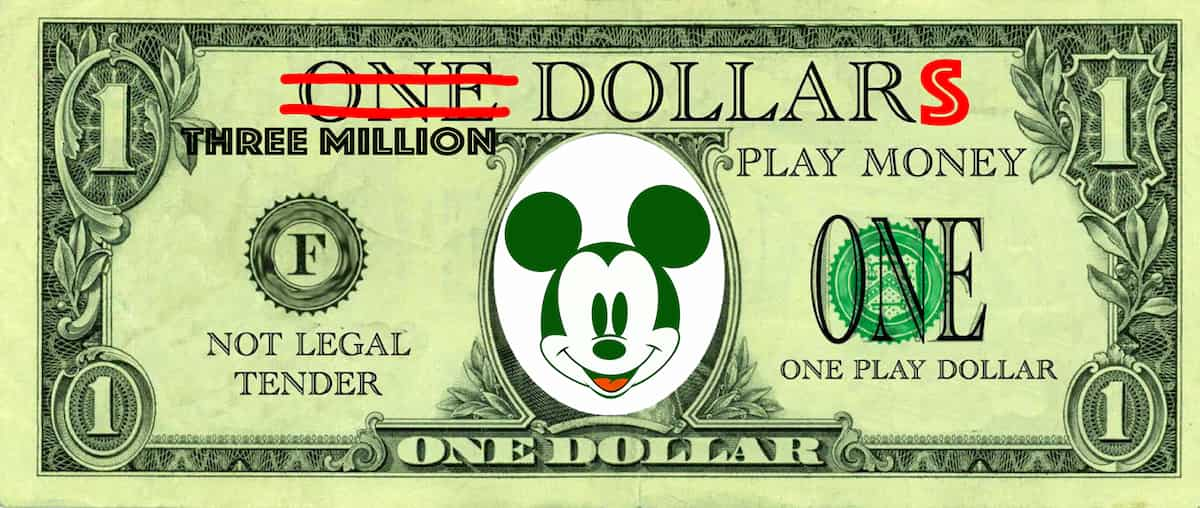
The Shogun Iyemochi attempted to chastise the daimyo of Choshu for this act of hostility, but the attempt only proved the weakness of the military government.
Iyemochi died soon after this defeat, and his successor Hitotsubashi had no chance to do anything, for the now evident feebleness of the Shogunate gave its enemies courage to strike a fatal blow.
Pressure was brought upon the Imperial Court to proclaim the abolition of the Shogunate, and the Shogunate was abolished by decree.
Hitotsubashi submitted, and the Tokugawa regime thus came to an end.
In 1867 the entire administration was reorganized, and the supreme power, both military and civil, being restored to the Mikado (Emperor).
Soon afterward the Shinto cult, officially revived in its primal simplicity was declared the Religion of State, and Buddhism was disendowed.
Thus the Empire was reestablished upon the ancient lines; and all the literary party had hoped for seemed to be realized, except one thing.
Be it here observed that the adherents of the literary party wanted to go much further than the great founders of the new Shintoism had dreamed of going.
These later enthusiasts were not satisfied with the abolition of the Shogunate, the restoration of imperial power, and the revival of the ancient cult.

They wanted a return of all society to the simplicity of primitive times, they desired that all foreign influence should be got rid of, and that the official ceremonies, the future education, the future literature, the ethics, the laws, should be purely Japanese.
They were not even satisfied with the disendowment of Buddhism, but there was a vigorous proposal made for its total suppression!
And all this would have signified, in more ways than one, social retrogression towards barbarism.
The great scholars had never proposed to cast away Buddhism and all Chinese learning, they had only insisted that the native religion and culture should have precedence.
Happily the clansmen who had broken down the Shogunate saw both past and future in another light.
They understood that the national existence was in peril, and that resistance to foreign pressure would be hopeless.
Satsuma had witnessed the bombardment of Kagoshima in 1863 and in Choshu, the bombardment of Shimonoseki in 1864.

Evidently the only chance of being able to face Western power would be through the patient study of Western science, and the survival of the Empire depended upon the Europeanization of society.
By 1871 the feudal estates were abolished.
In 1873 the edicts against Christianity were withdrawn.
In 1876 the wearing of swords was prohibited.
The samurai, as a military body were suppressed, and all classes were declared thenceforward equal before the law.
New codes were compiled, a new army and navy organized, a new police system established, a new system of education introduced at Government expense, and a new constitution promised.
Finally, in 1891, the first Japanese parliament was convened.
By that time the entire framework of society had been remodelled, so far as laws could remodel it, upon a European pattern.
The nation had fairly entered upon its third period of integration.
The clan had been legally dissolved, the family was no longer the legal unit of society.
By the new constitution the individual had been recognized.

When we consider the history of some vast and sudden political change in its details only, the factors of the movement, the combinations of immediate cause and effect, the influences of strong personality, the conditions impelling individual action, then the transformation is apt to appear to us the work and the triumph of a few superior minds.
We forget, perhaps, that those minds themselves were the product of their time, and that every such rapid change must represent the working of a national or race-instinct quite as much as the operation of individual intelligence.
The events of the Meiji reconstruction strangely illustrate the action of such instinct in the face of peril.
The readjustment of internal relations to sudden changes of environment.
The nation had found its old political system powerless before the new conditions, and it transformed that system.
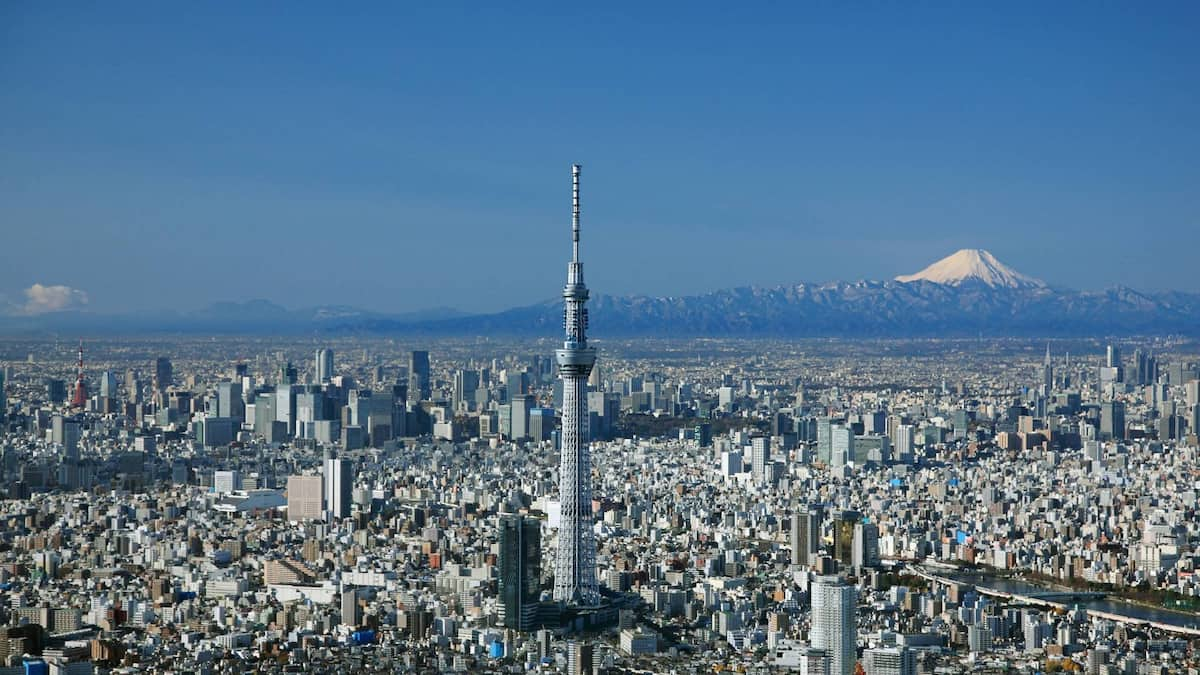
It had found its military organization incapable of defending it, and it reconstructed that organization.
It had found its educational system useless in the presence of unforeseen necessities, and it replaced that system, simultaneously crippling the power of Buddhism, which might otherwise have offered serious opposition to the new developments.
And in that hour of greatest danger the national instinct turned back at once to the moral experience upon which it could best rely, the experience embodied in its ancient cult, the religion of unquestioning obedience.
Relying upon Shinto tradition, the people rallied about their ruler, descendant of the ancient gods, and awaited his will with unconquerable zeal of faith.
Japan, by right of self-acquired strength, has entered into the circle of the modern civilized powers, formidable by her new military organization, respectable through her achievements in the domain of practical science.
And the force to effect this astonishing self-improvement, within the time of thirty years, she owes assuredly to the moral habit derived from her ancient cult, the religion of the ancestors.
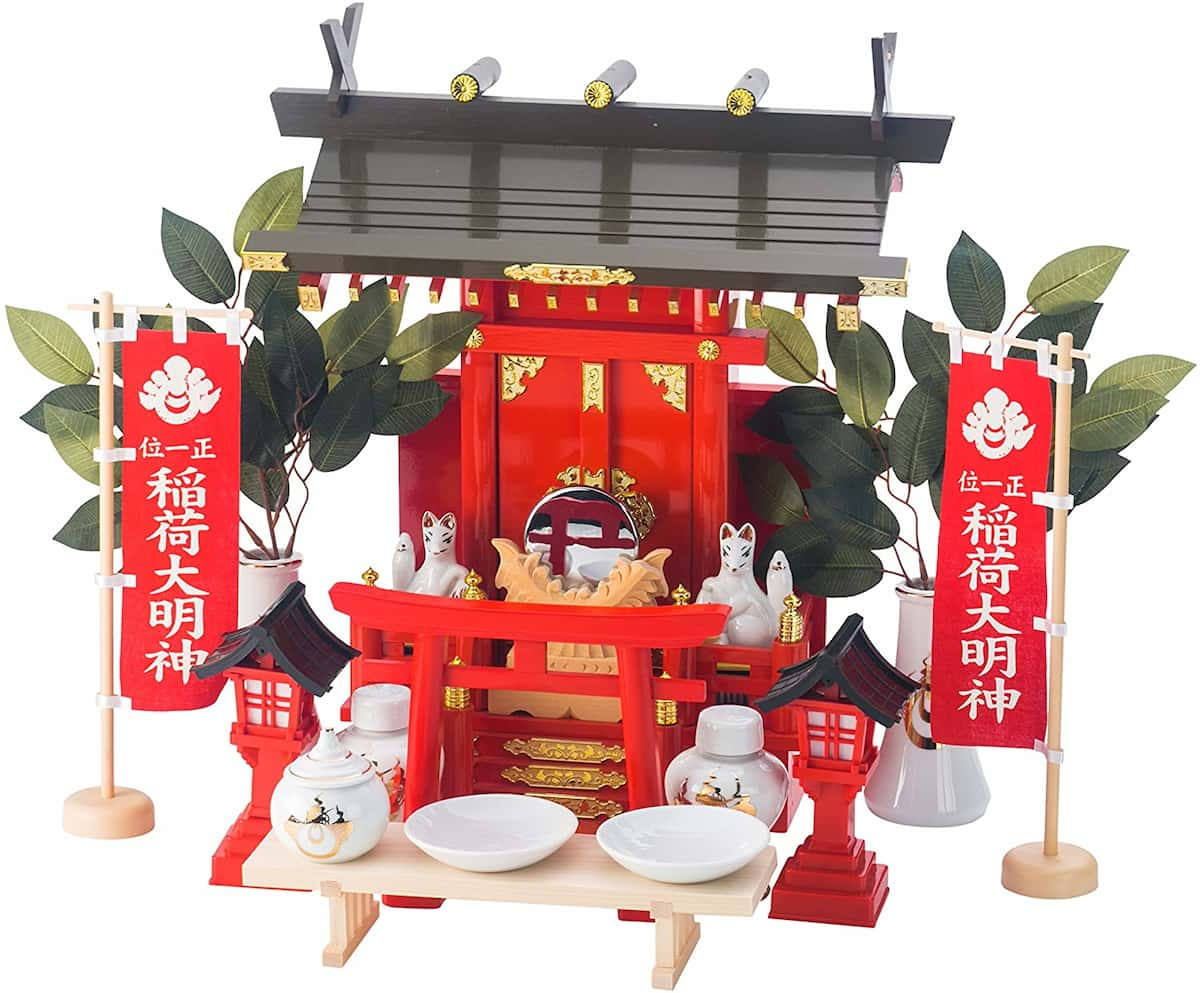
To fairly measure the feat, we should remember that Japan was evolutionally younger than any modern European nation, by at least twenty-seven hundred years, when she went to school!
Herbert Spencer has shown that the great value to society of ecclesiastical institutions lies in their power to give cohesion to the mass, to strengthen rule by enforcing obedience to custom, and by opposing innovations likely to supply any element of disintegration.
In other words, the value of a religion, from the sociological standpoint, lies in its conservatism.
Various writers have alleged that the Japanese national religion proved itself weak by incapacity to resist the overwhelming influence of Buddhism.
I cannot help thinking that the entire social history of Japan yields proof to the contrary.
Though Buddhism did for a long period appear to have almost entirely absorbed Shinto, by the acknowledgment of the Shinto scholars themselves.
Though Buddhist emperors reigned who neglected or despised the cult of their ancestors, though Buddhism directed, during ten centuries, the education of the nation.
Shinto remained all the while so very much alive that it was able not only to dispossess its rival at last, but to save the country from foreign domination.
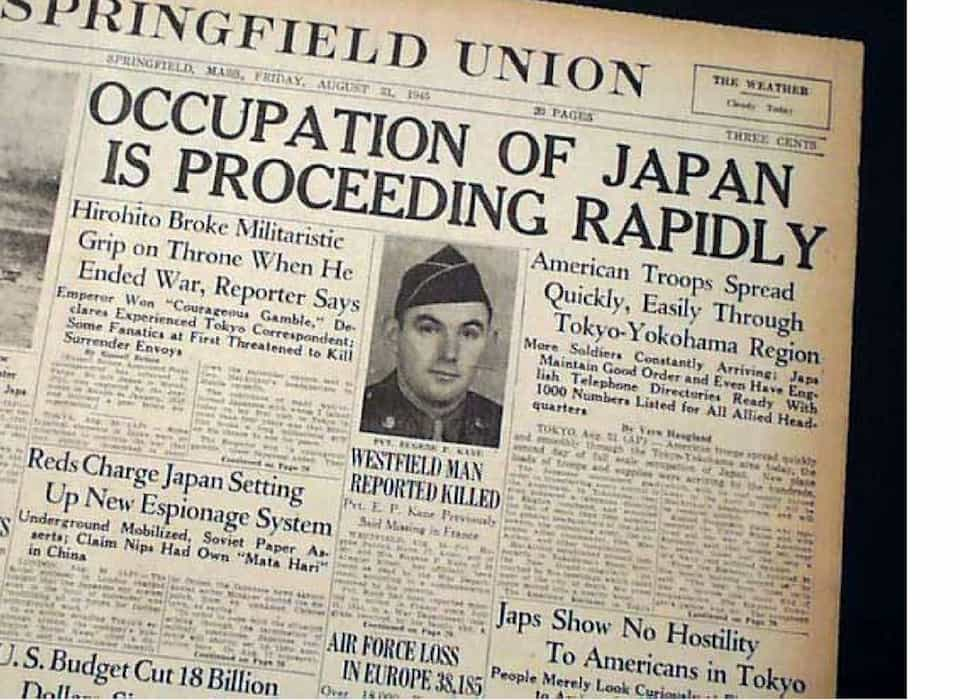
To assert that the Shinto revival signified no more than a stroke of policy imagined by a group of statesmen, is to ignore all the forbearers of the event.
No such change could have been wrought by mere decree had not the national sentiment welcomed it.
Moreover, there are three important facts to be remembered in regard to the former Buddhist predomination:
- Buddhism conserved the family-cult, modifying the forms of the rite.
- Buddhism never really supplanted the Ujigami cults, but maintained them.
- Buddhism never interfered with the imperial cult.
Now these three forms of ancestor-worship, the domestic, the communal, and the national, constitute all that is vital in Shinto.
The Supreme Cult is not now the State Religion by request of the chiefs of Shinto, it is not even officially classed as a religion.
Obvious reasons of state policy decided this course.
But as representing all those traditions which appeal to race-feeling, to the sentiment of duty, to the passion of loyalty, and the love of country, it yet remains an immense force, a power to which appeal will not be vainly made in another hour of national peril.

Based Upon
Japan, An Attempt At Interpretation
Published 1904
Patrick Lafcadio Hearn

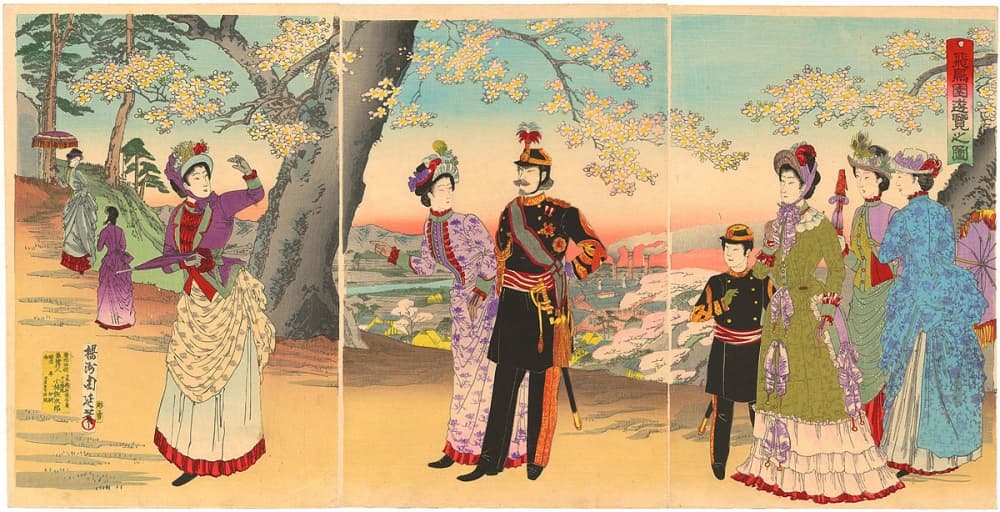
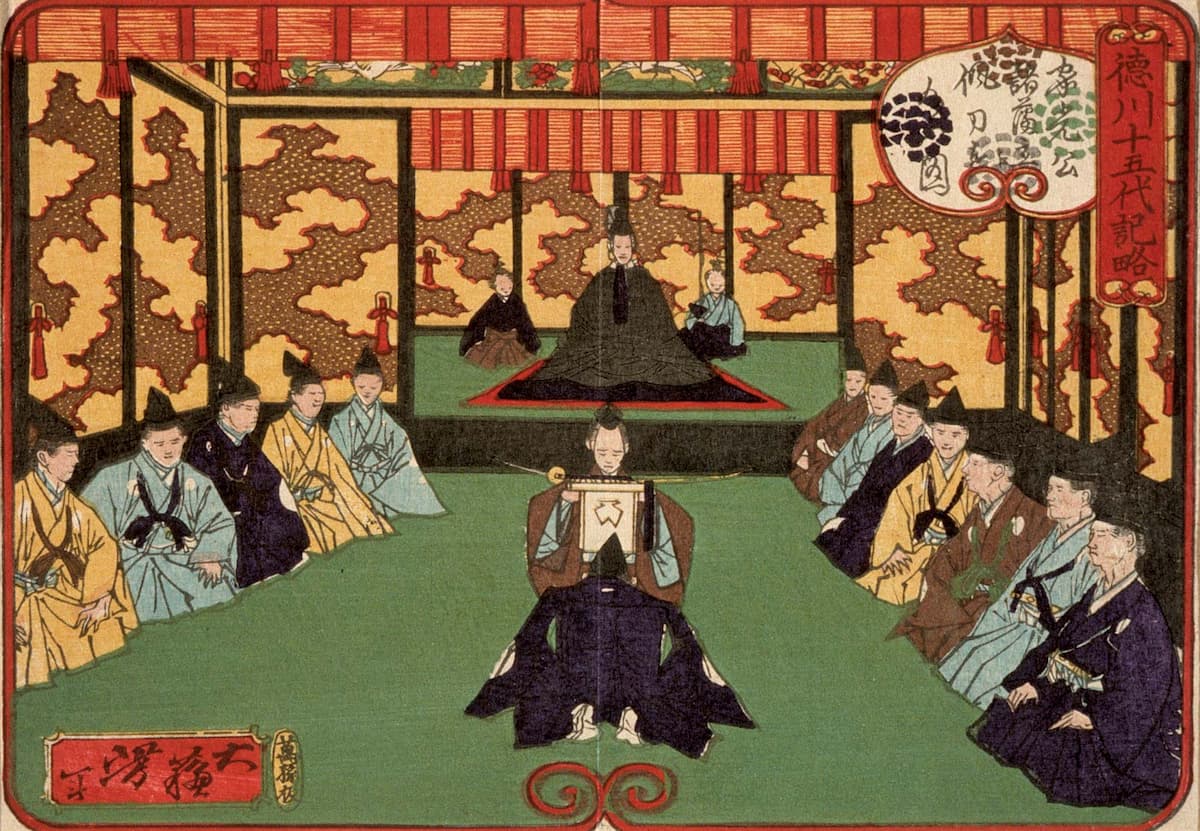
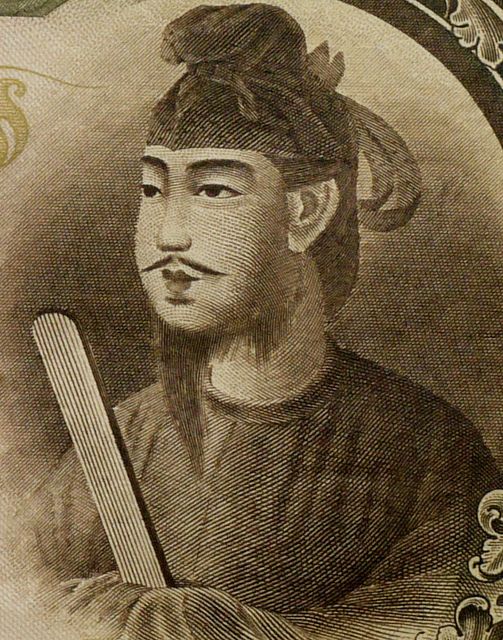
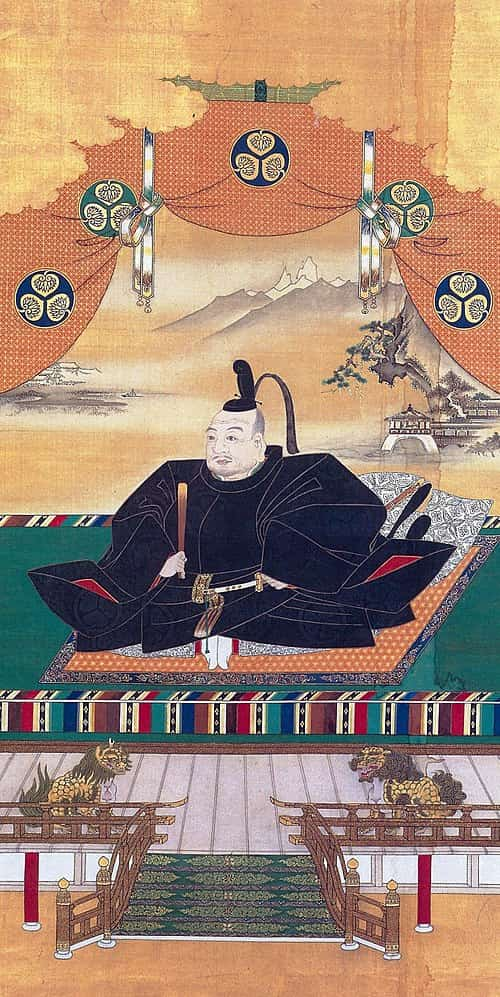
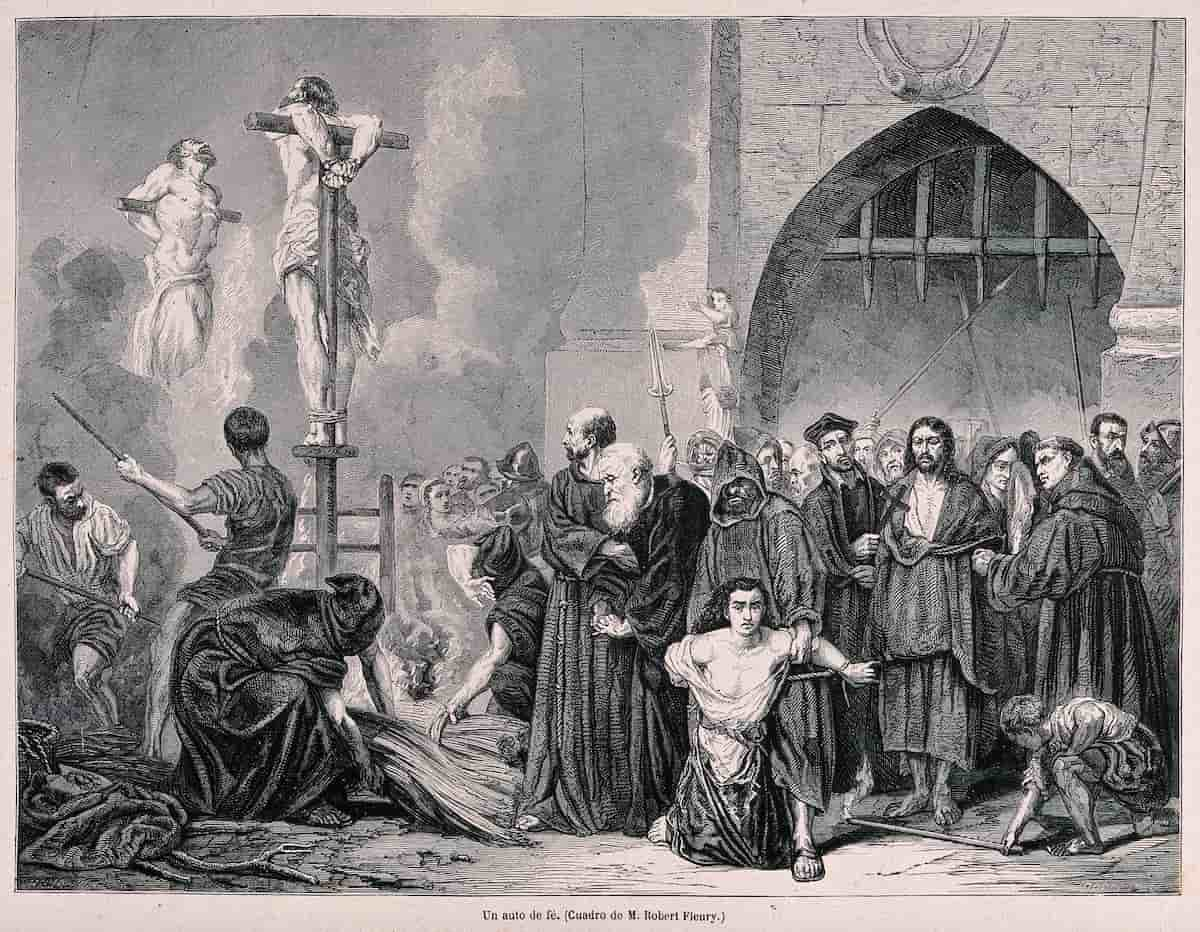
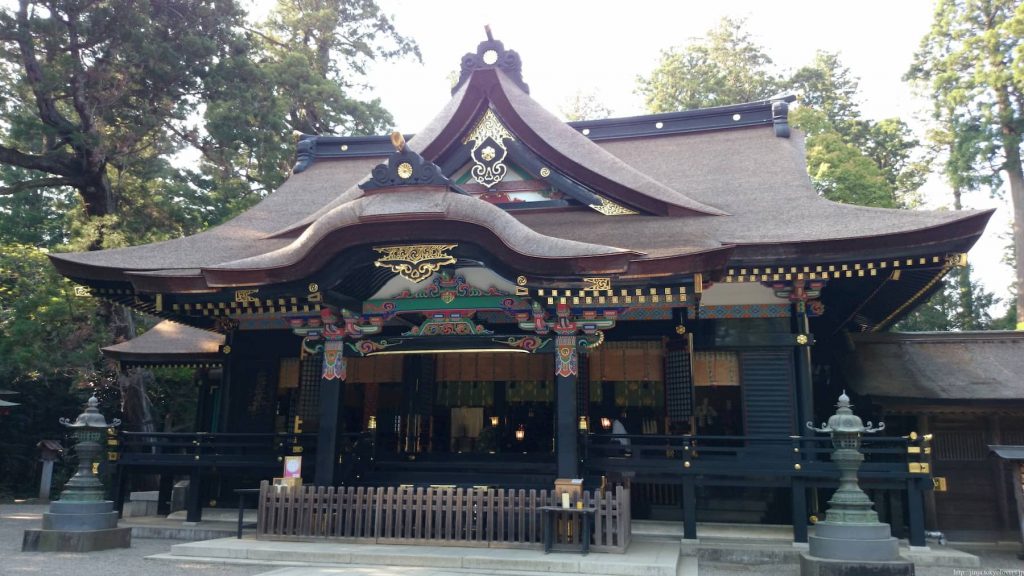
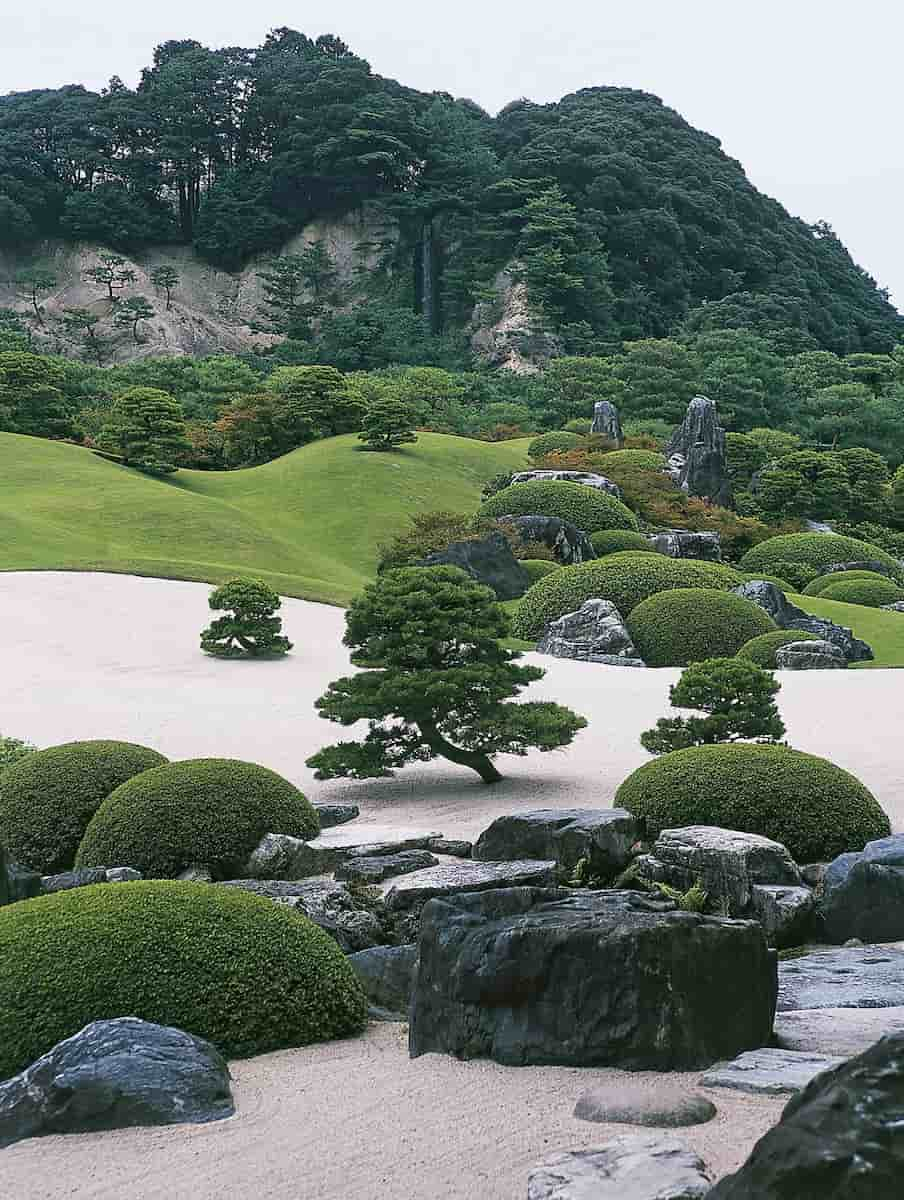




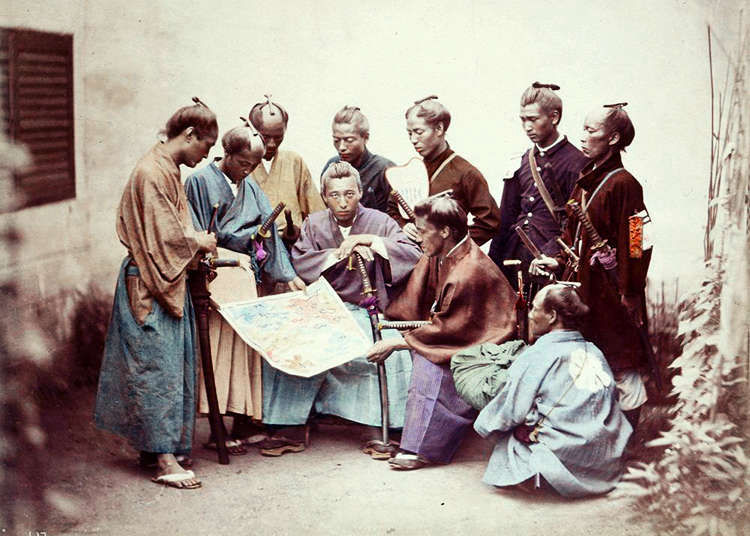

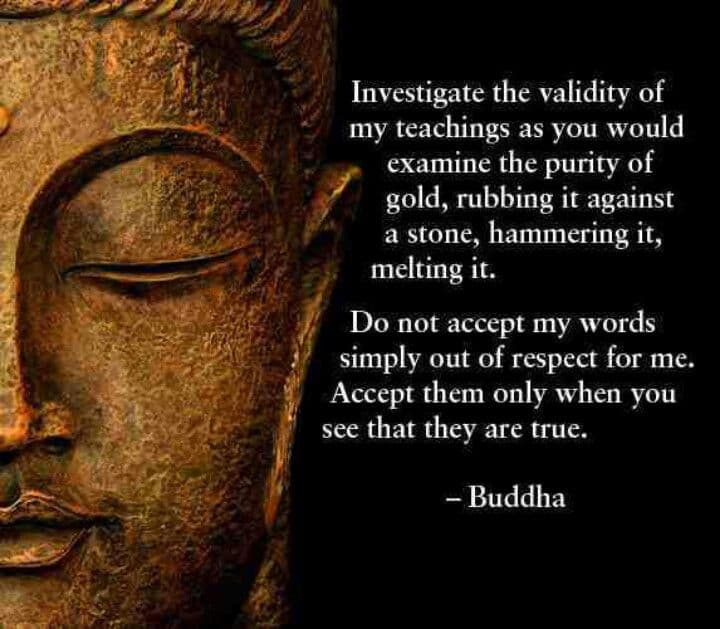
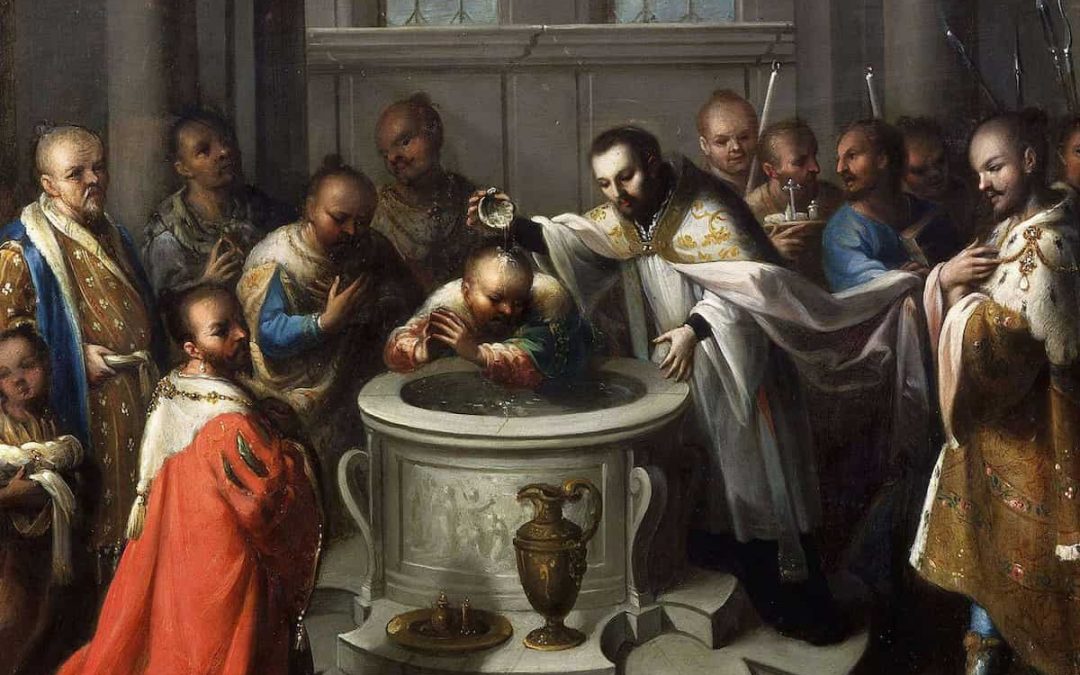

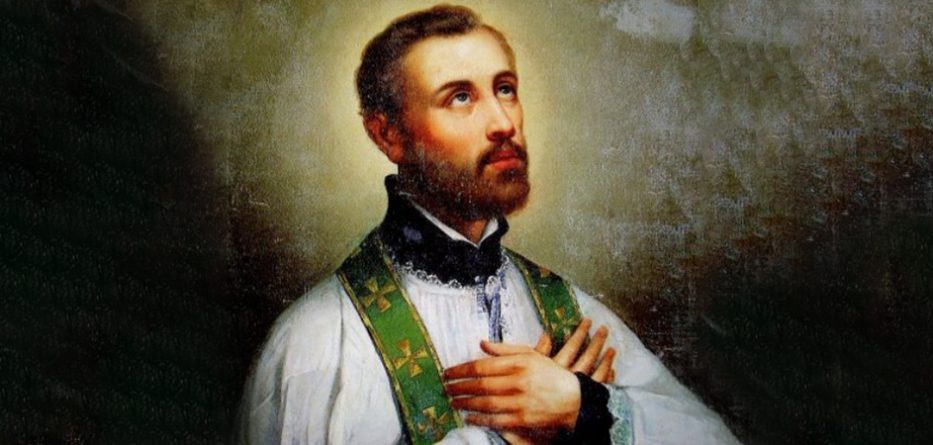



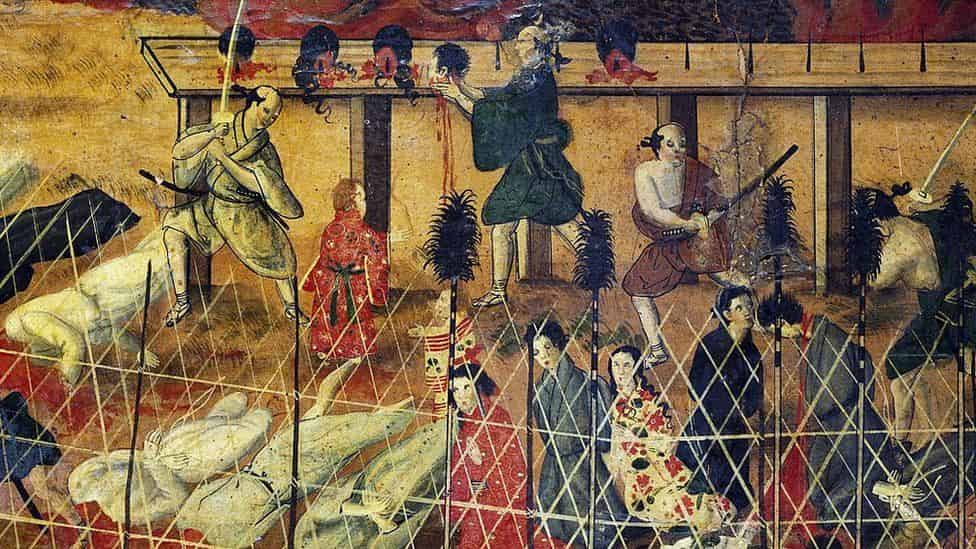
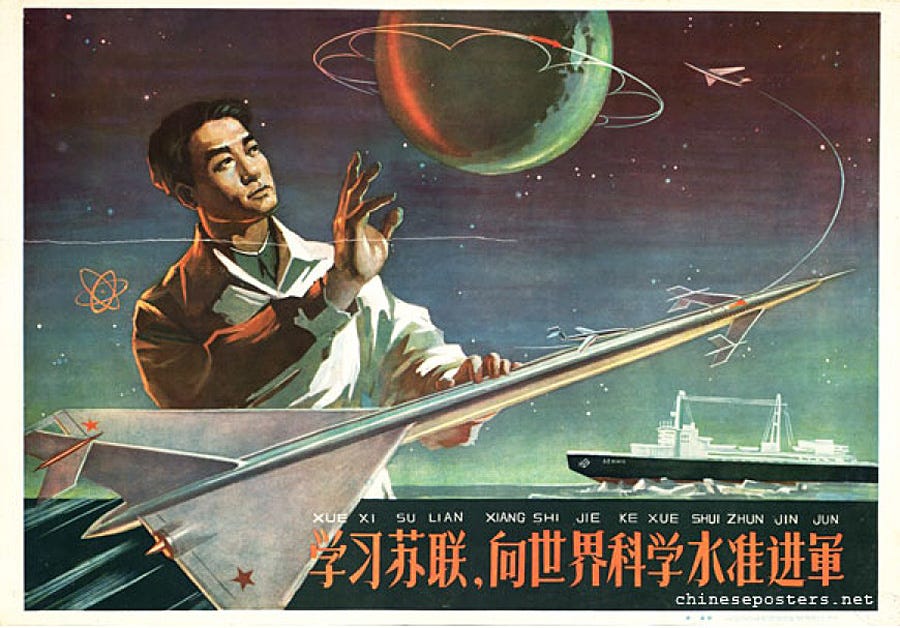



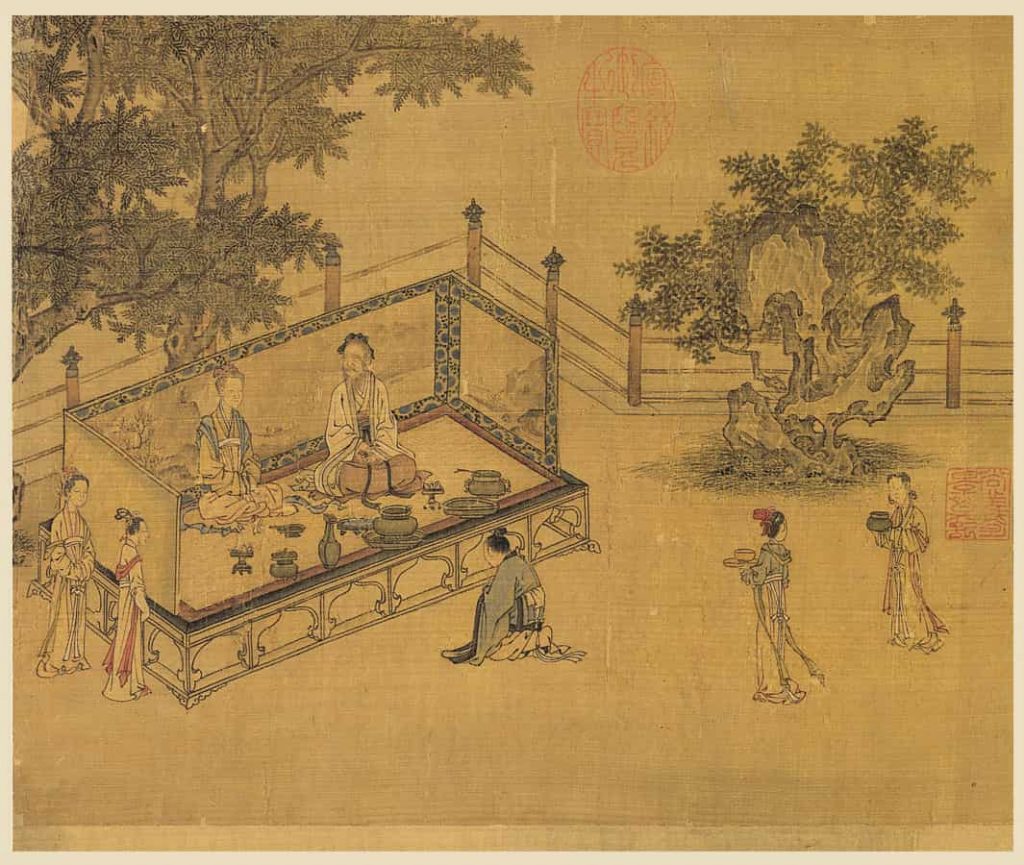


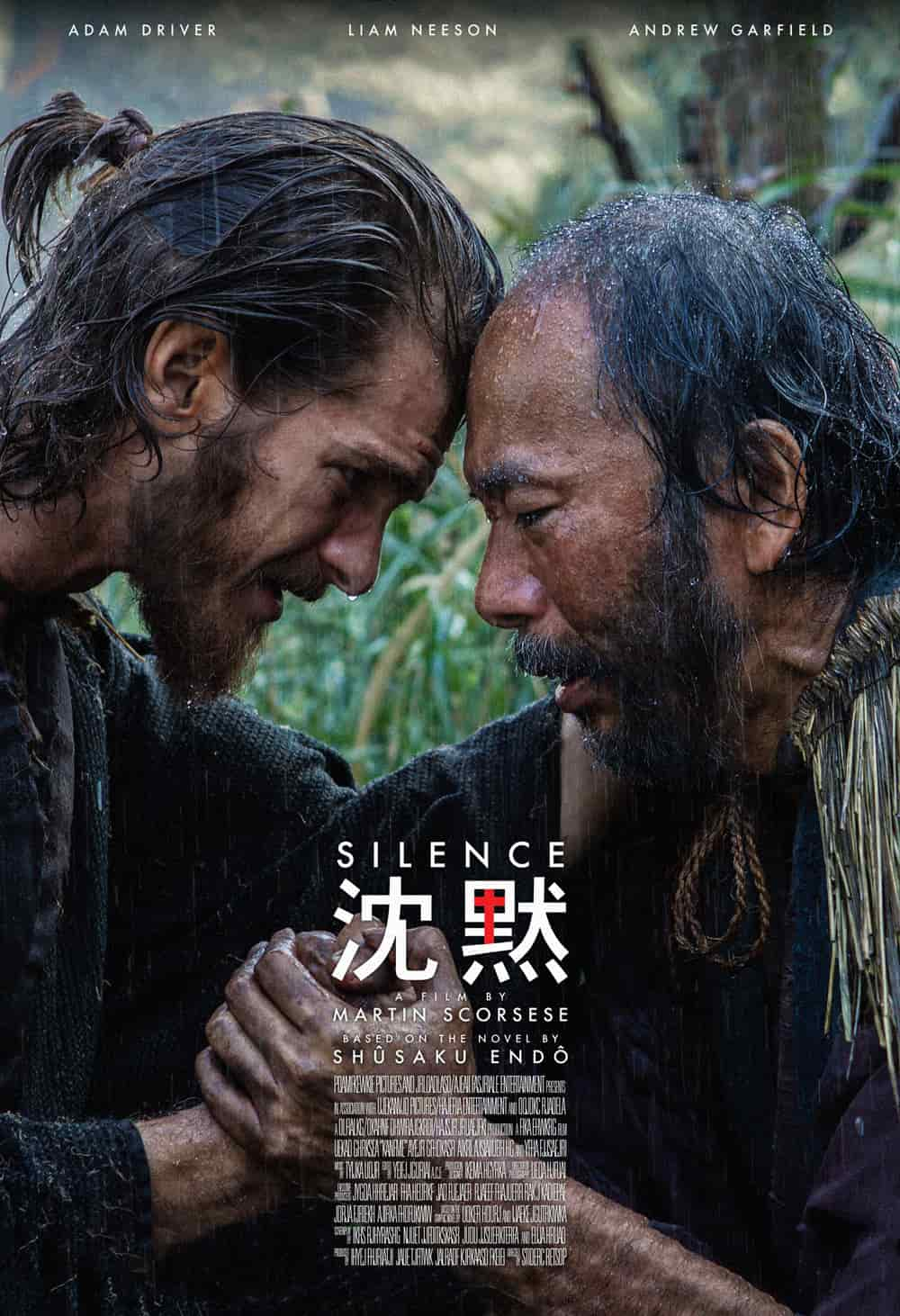


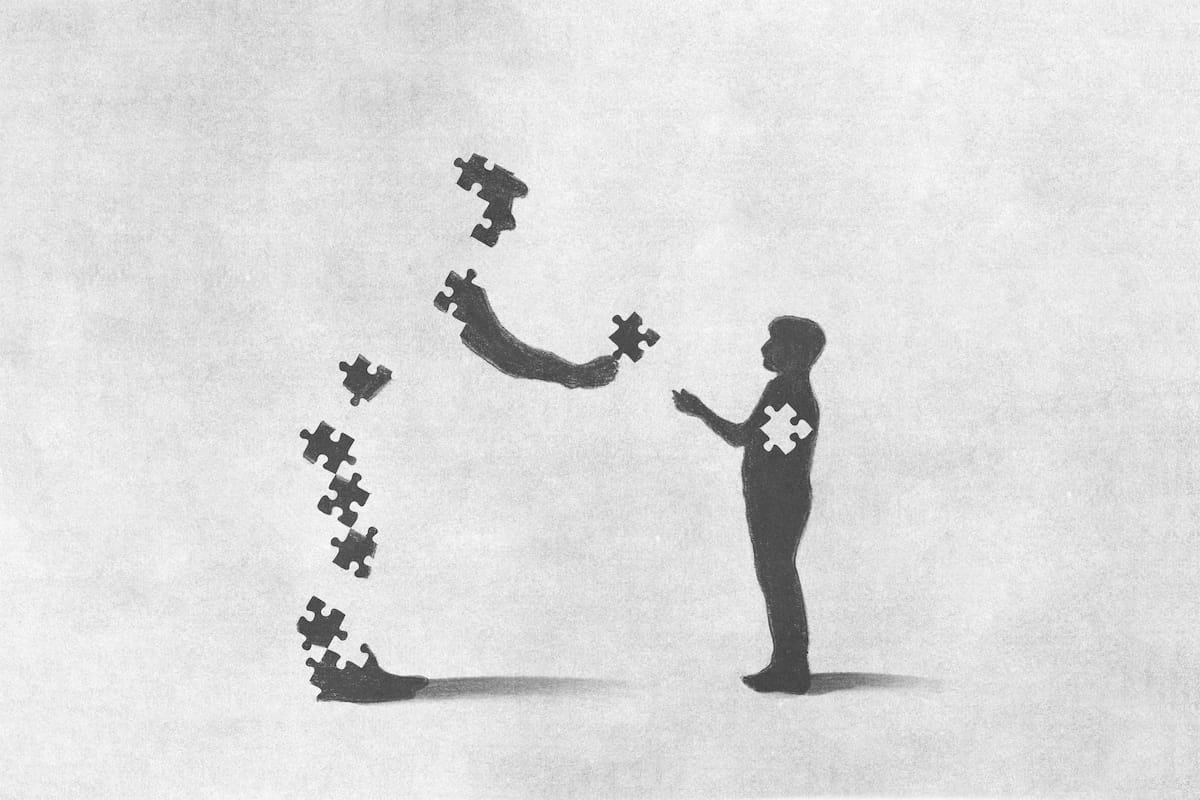
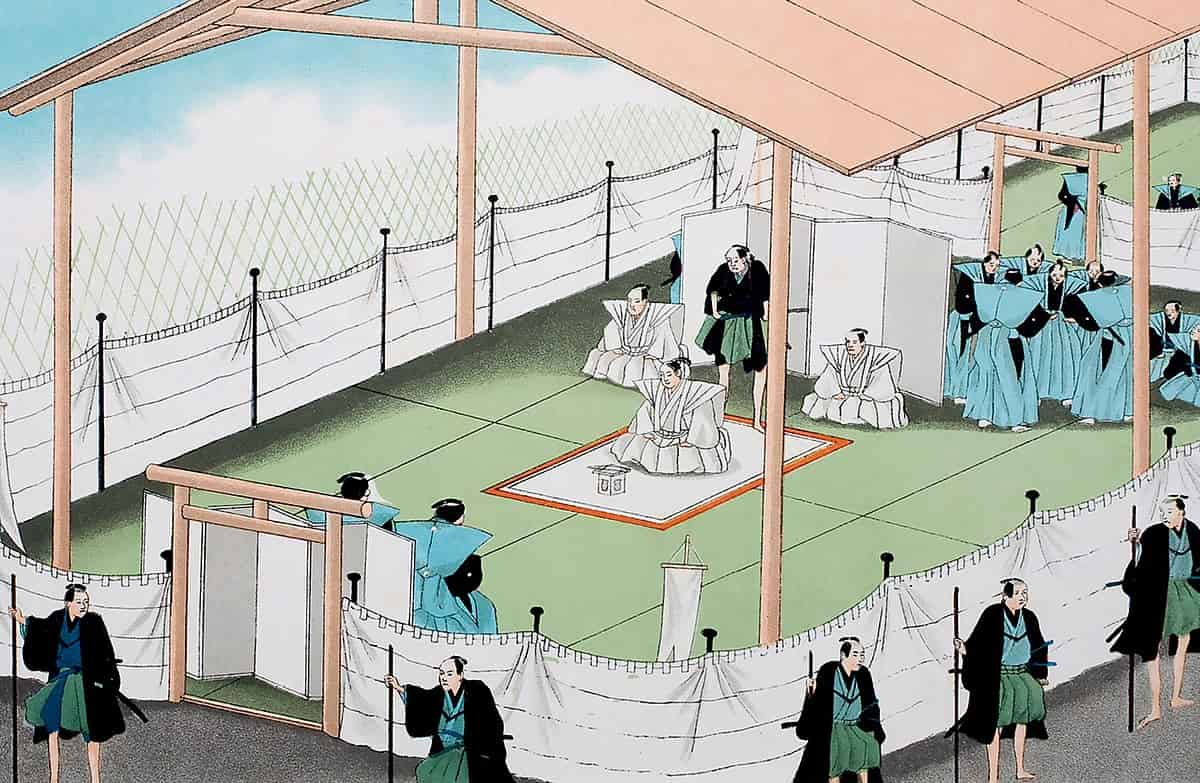


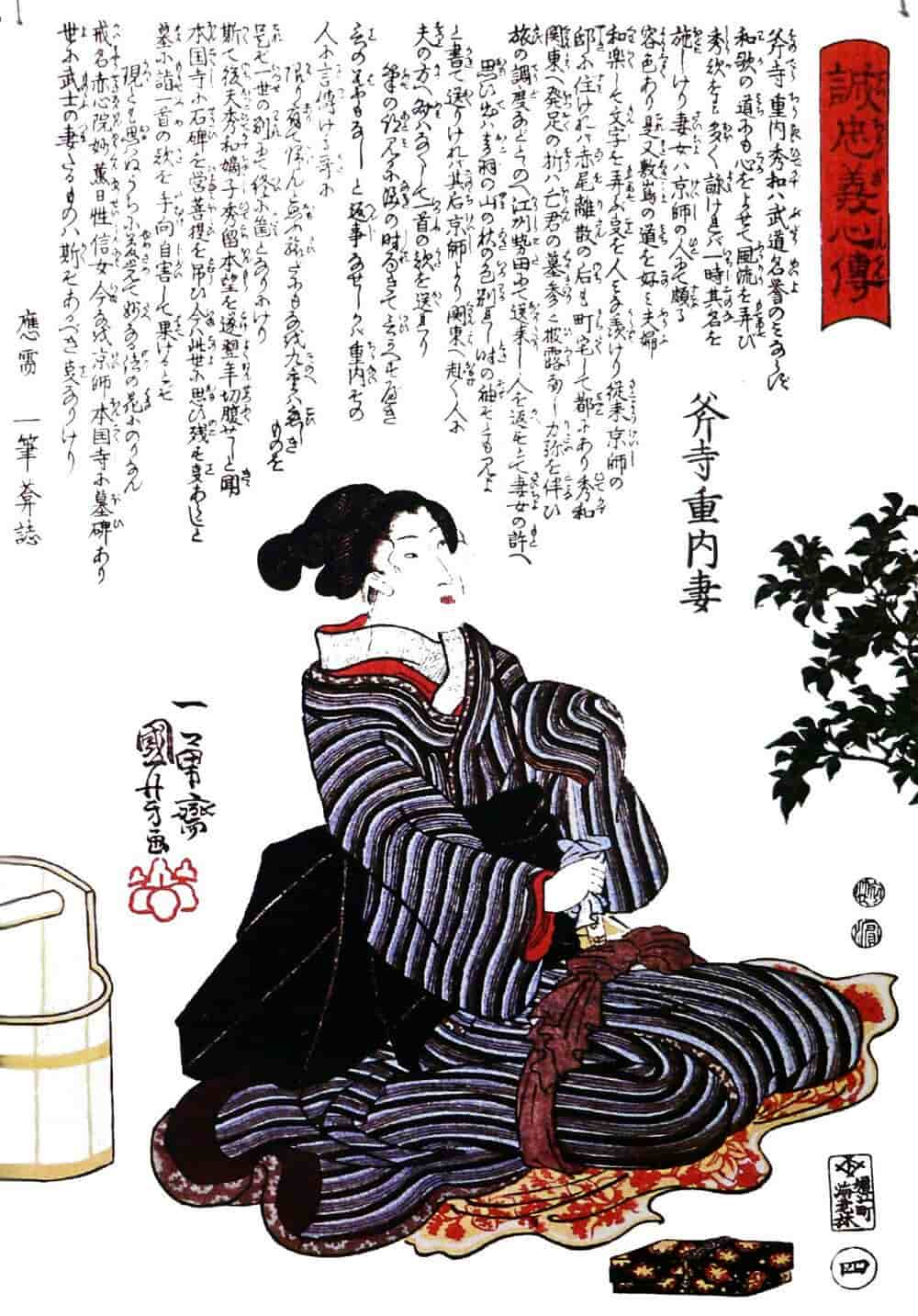

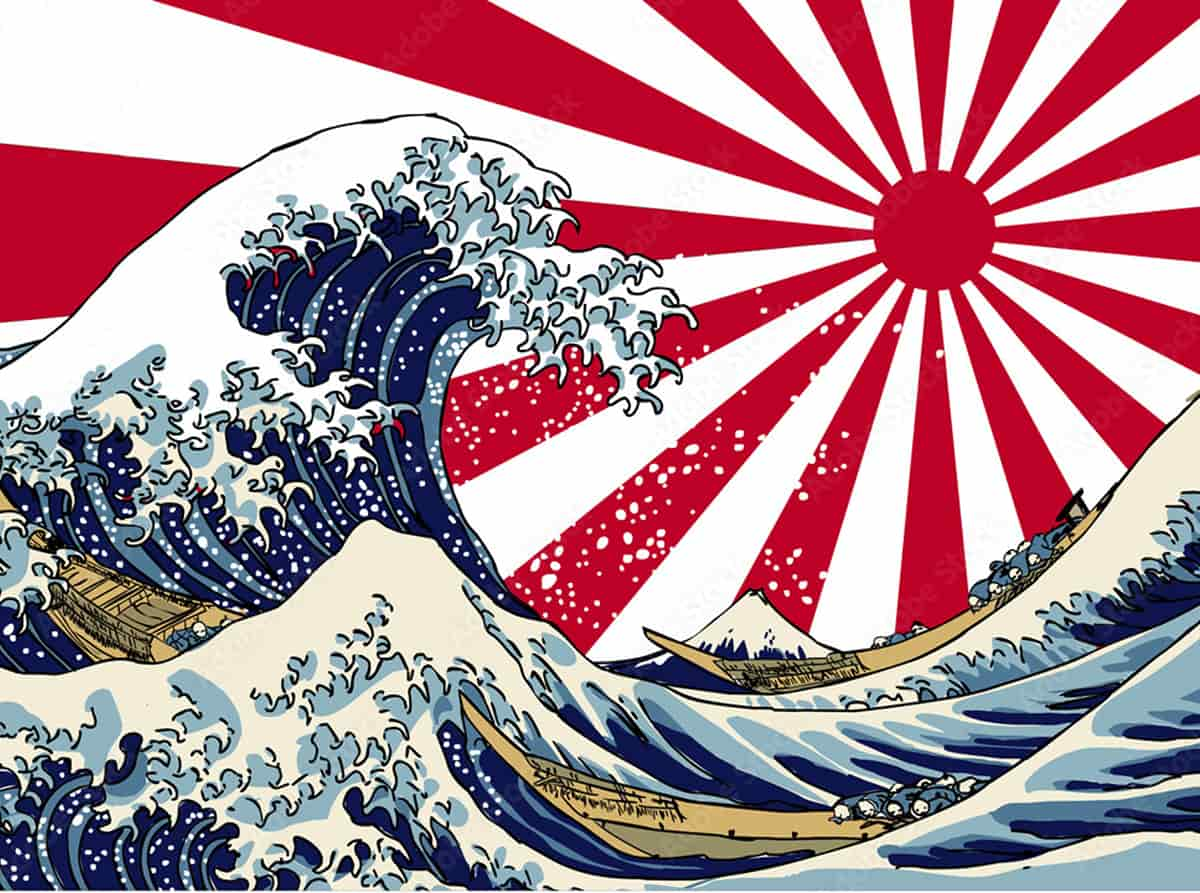
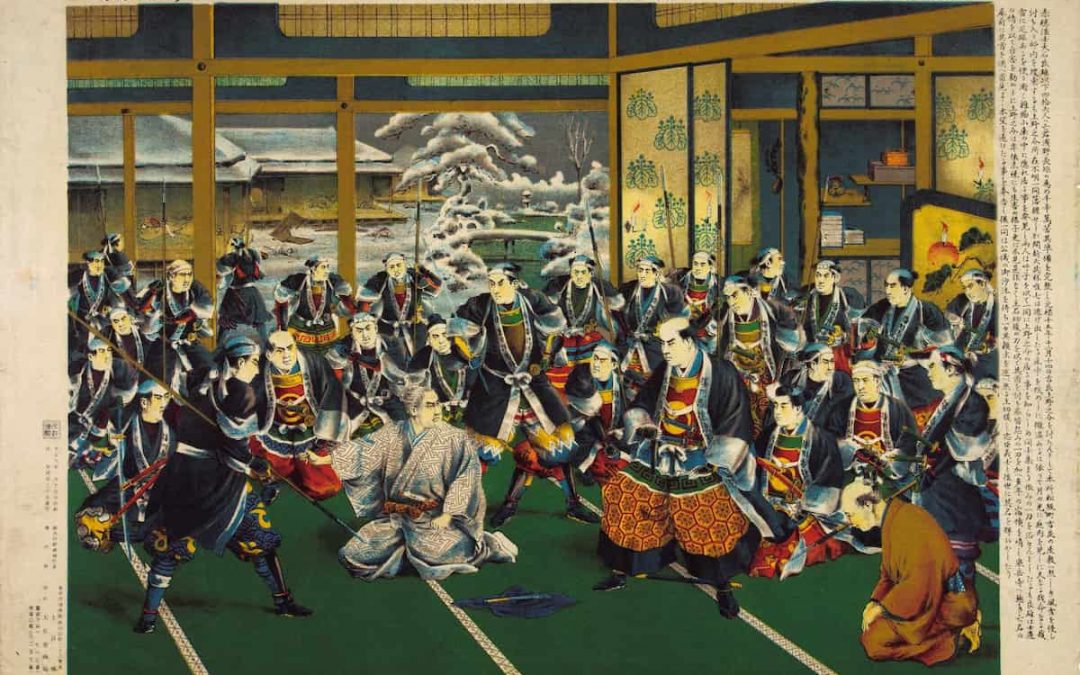








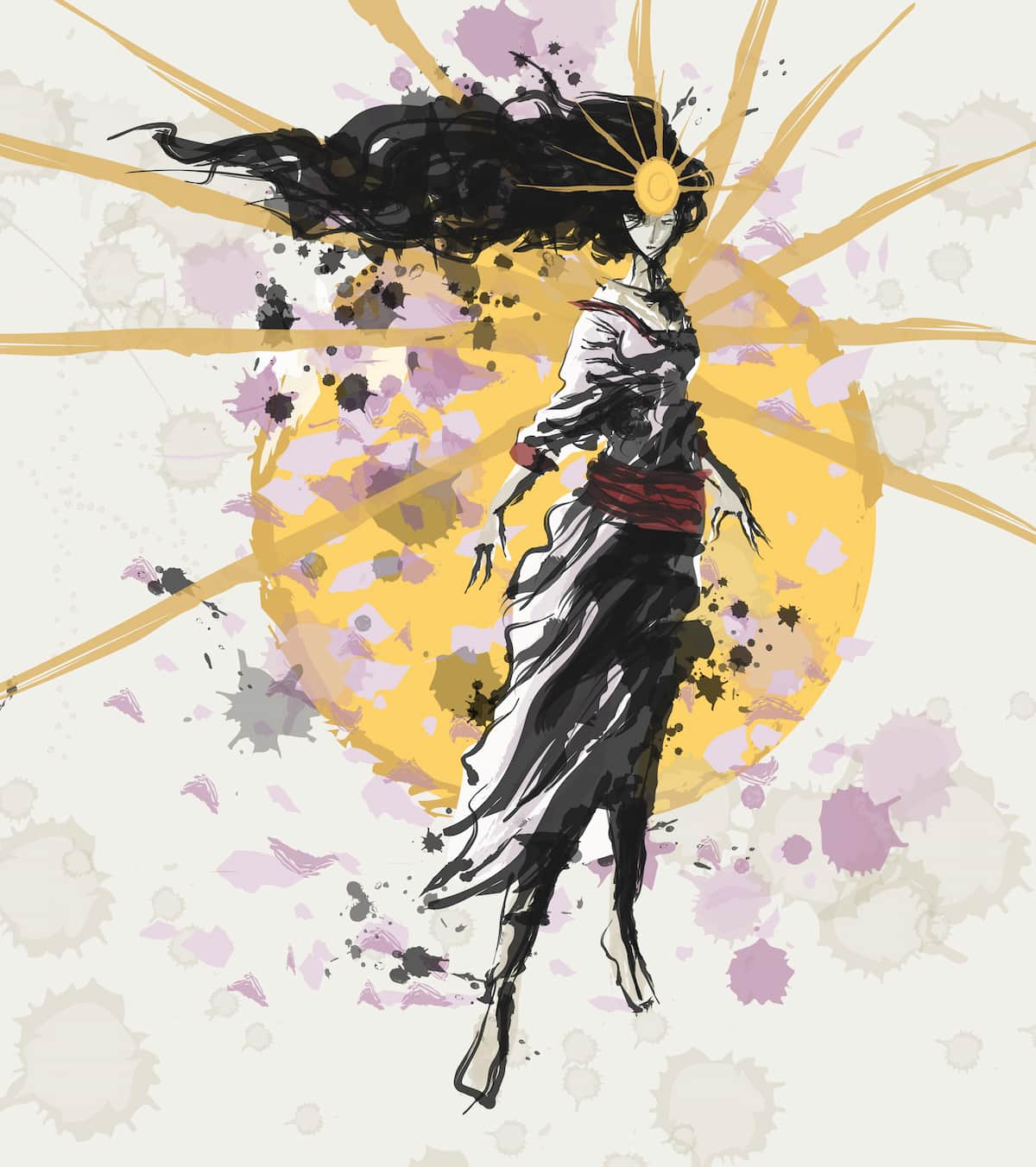
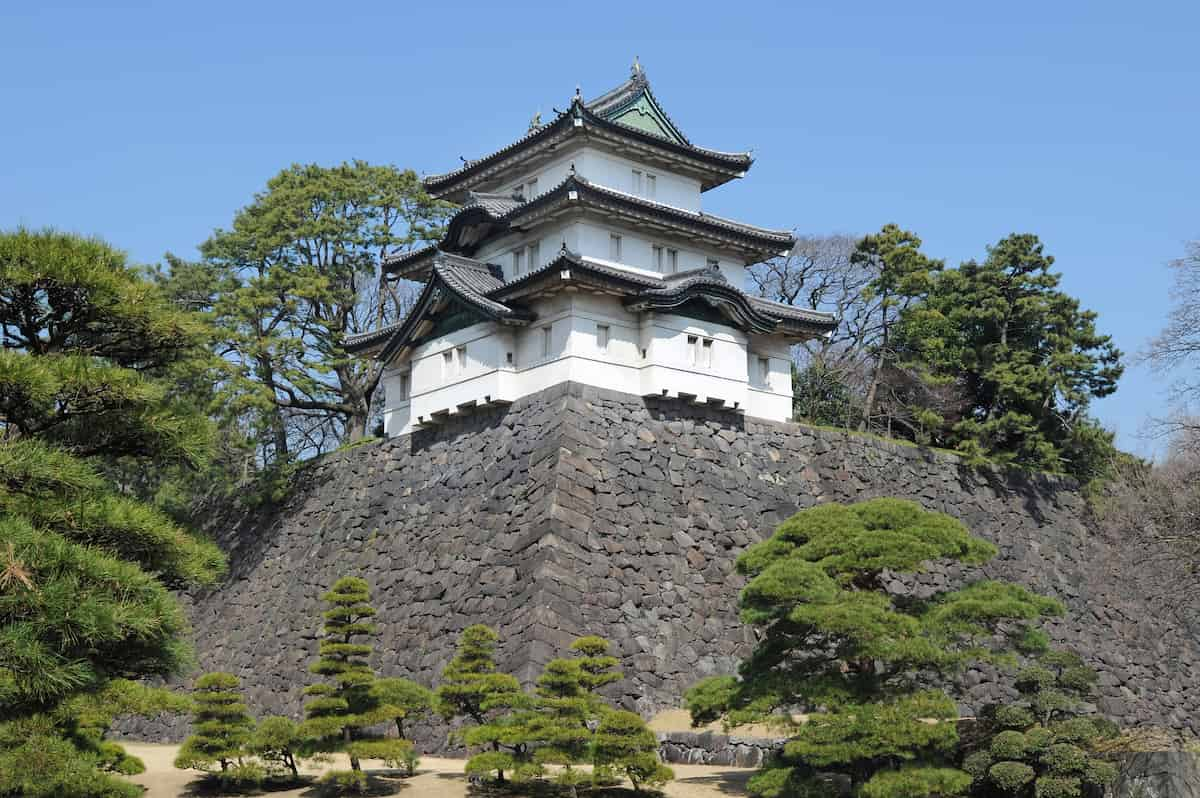
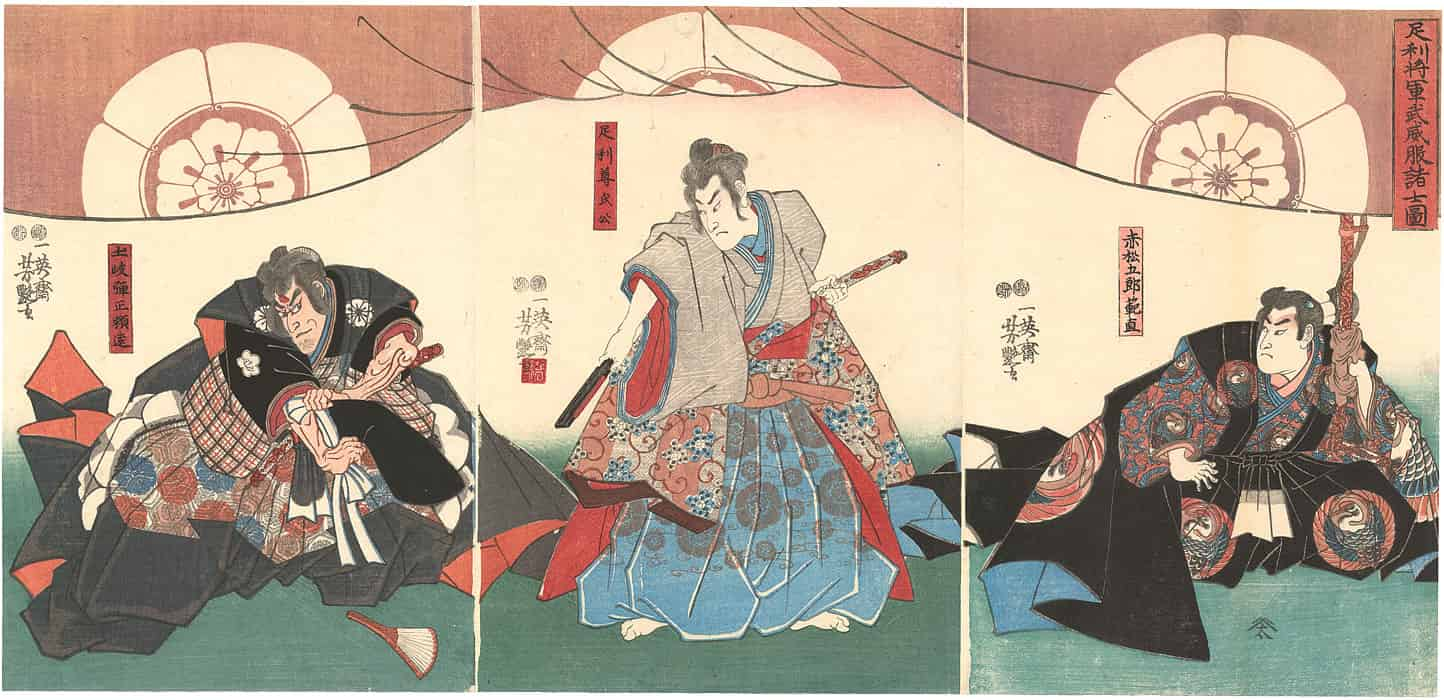
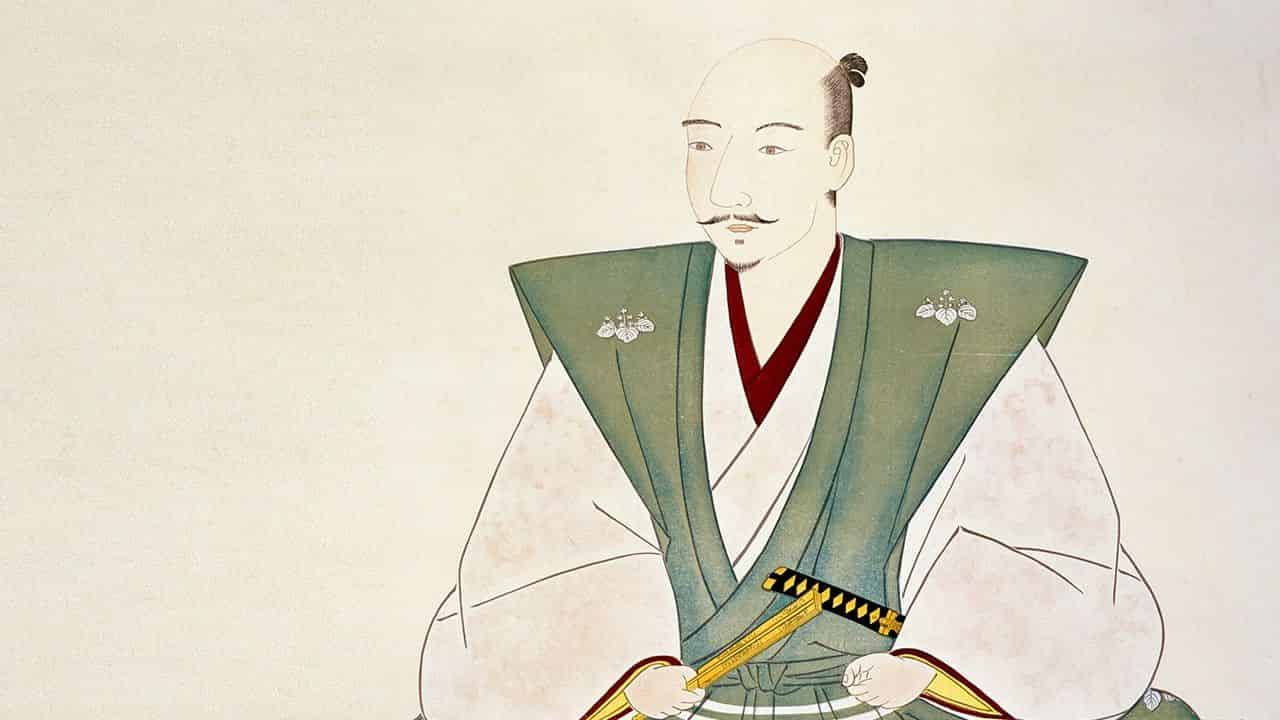





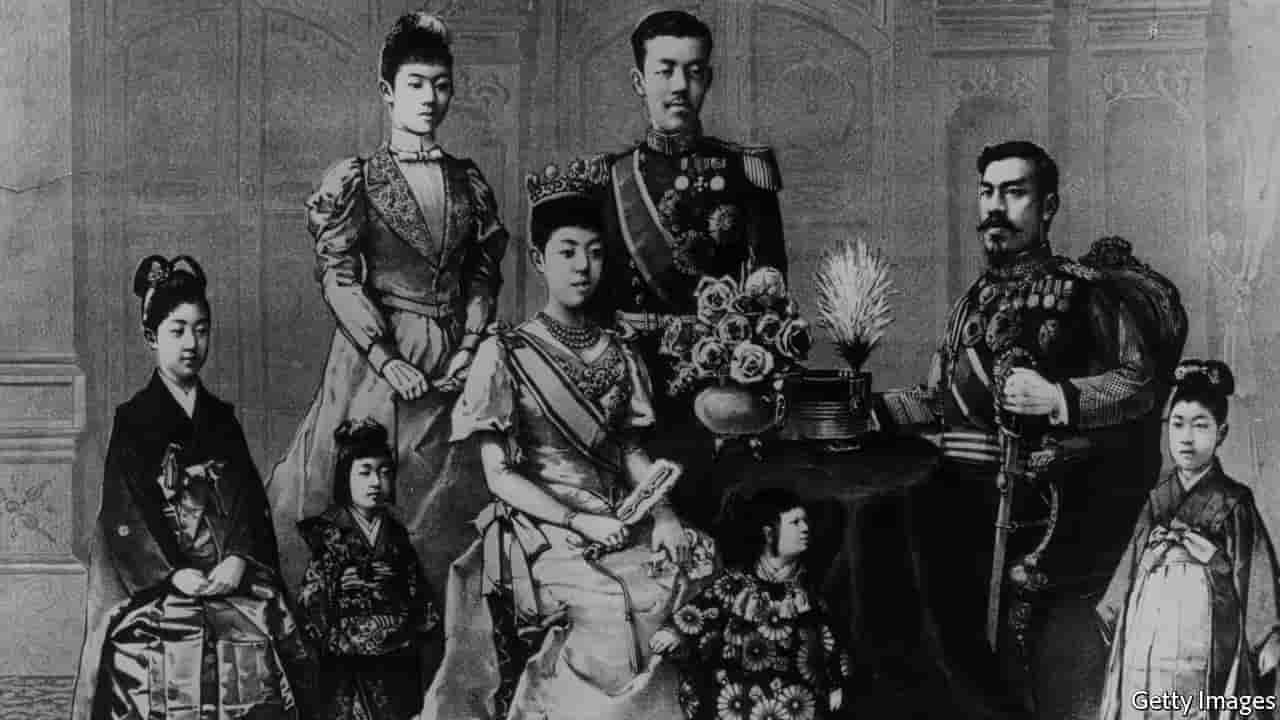
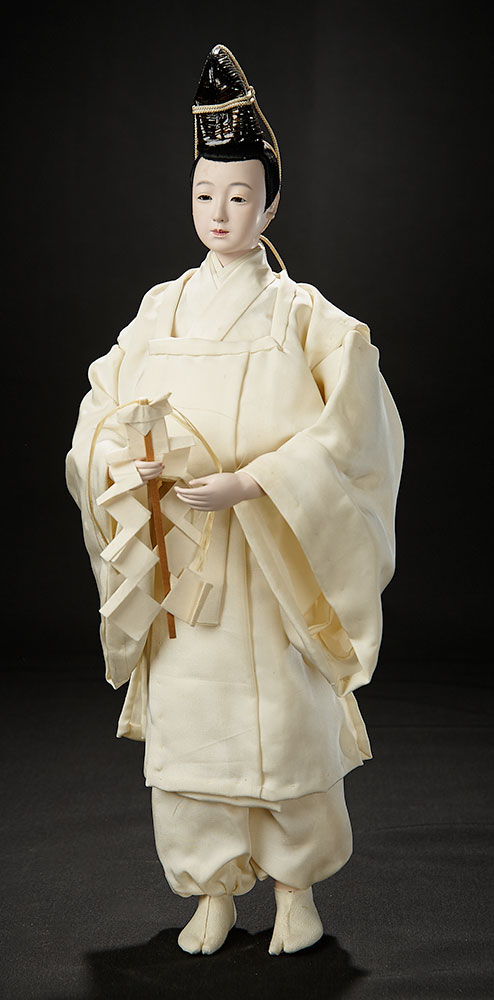

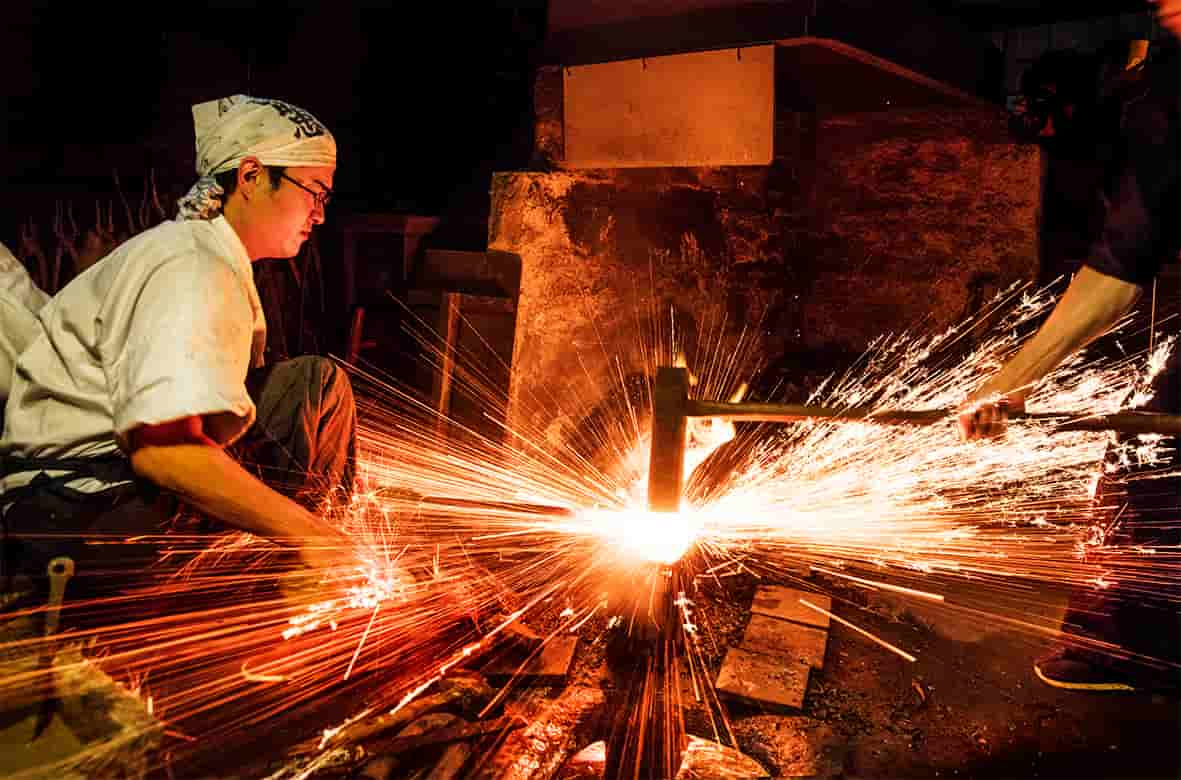
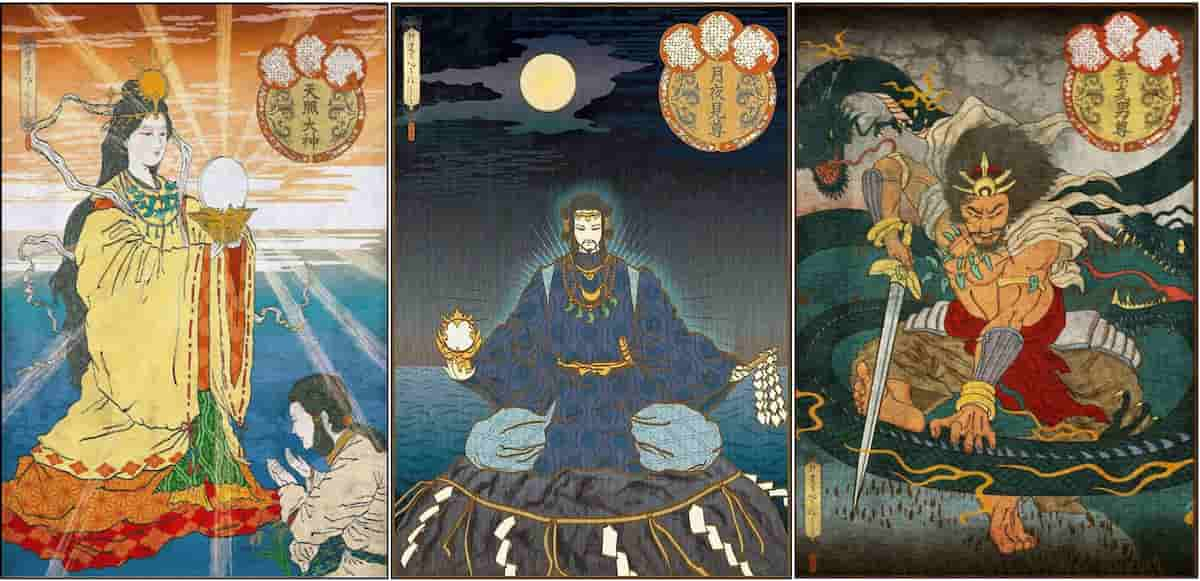


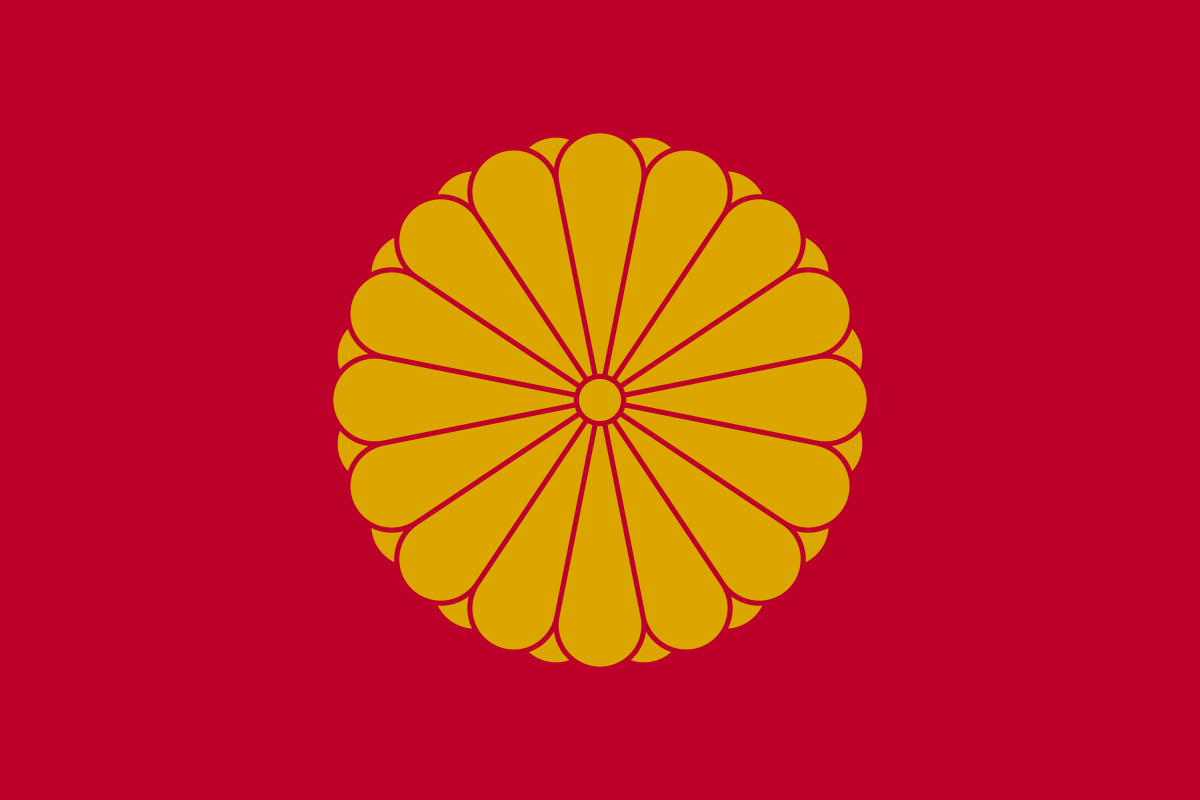

Recent Comments